On May 5th, in the heart of Lusaka, something bold and necessary took shape — not in the form of grand declarations, but in the shared conviction of educators, leaders, and advocates who believe that potential should never be defined by a test score.
FAWE Africa Deputy Executive Director and Head of Programmes, Ms. Teresa Omondi Adeitan, joined FAWE Zambia (FAWEZA) for a pivotal advocacy meeting, rallying support for bridging courses — lifelines for young women and men who fell just short of university entry but are overflowing with untapped promise.
Led by FAWEZA Chairperson Prof. Enala Mwase, the event brought together Vice Chancellors and senior representatives from seven universities across Zambia who were there to help reshape the higher education landscape.
Speaking on behalf of the Mastercard Foundation Phase II program, Ms. Teresa Omondi-Adeitan, FAWE Africa Deputy Executive Director, emphasized the urgency of a “second chance” for students who narrowly missed university cut-off marks for STEM degrees. “These aren’t failures,” echoed Ms. Omondi. “They are students who simply need a door that wasn’t open the first time.”
The room quieted as Prof. Paul Waako, Vice Chancellor of Busitema University in Uganda, took the podium. His message was sharp, compassionate, and unforgettable:
“Africa should increase access to higher education. The qualification list should not be a list of tears. It is upon the leaders of universities to stop these tears. All students are trainable.”
His university has already partnered with FAWE Uganda to offer the Higher Education Access Certificate (HEAC) and the results are telling: when given the chance, students soar.
Ms. Omondi then moderated a panel of thought leaders and academics — Dr. Banda (Copperbelt University), Dr. Chipambe (University of Lusaka), and Dr. Eunifridah Simuyaba (University of Zambia), all united in their support of introducing bridging courses tailored for Zambia. The question now is no longer if, but how, who, and where.
Later that day, the momentum continued with a courtesy visit to the newly appointed Permanent Secretary of the Ministry of Education, Mr. Kevin Mambwe. With sincerity and sharp insight, he acknowledged deep-seated inequalities facing girls in rural and underserved communities. Yet he also challenged FAWEZA to dig deeper: What is happening to the boy child? Where is the data? His concern: the visible success of urban girls may obscure the rural realities, and a growing crisis among boys may be going unnoticed.
FAWEZA pledged its continued collaboration and reinforced its role as a strategic partner to the Ministry, not just in advocacy, but in research, program design, and policy dialogue. Because change is not just about opening the door; it’s about understanding who’s still waiting outside.

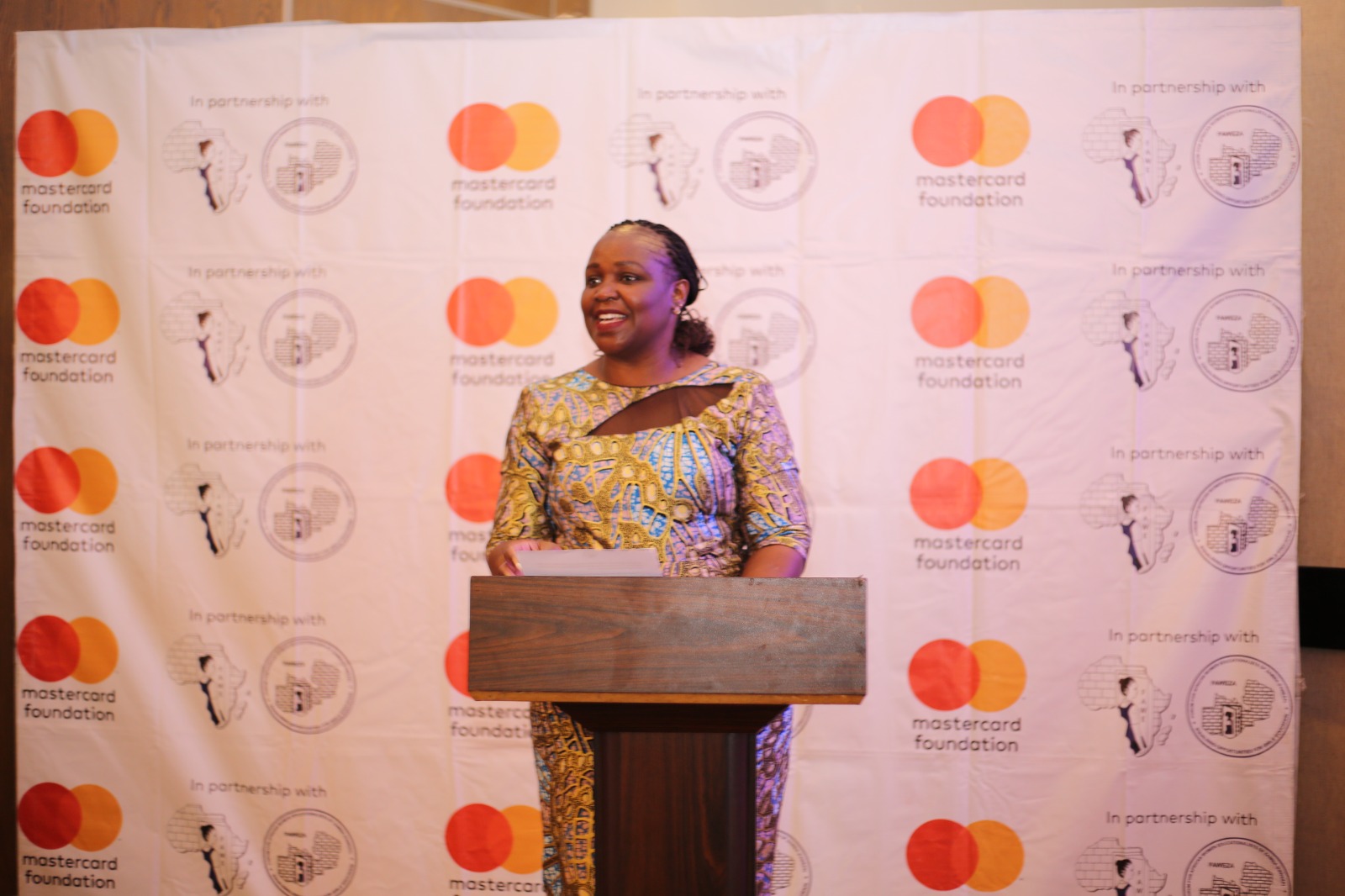
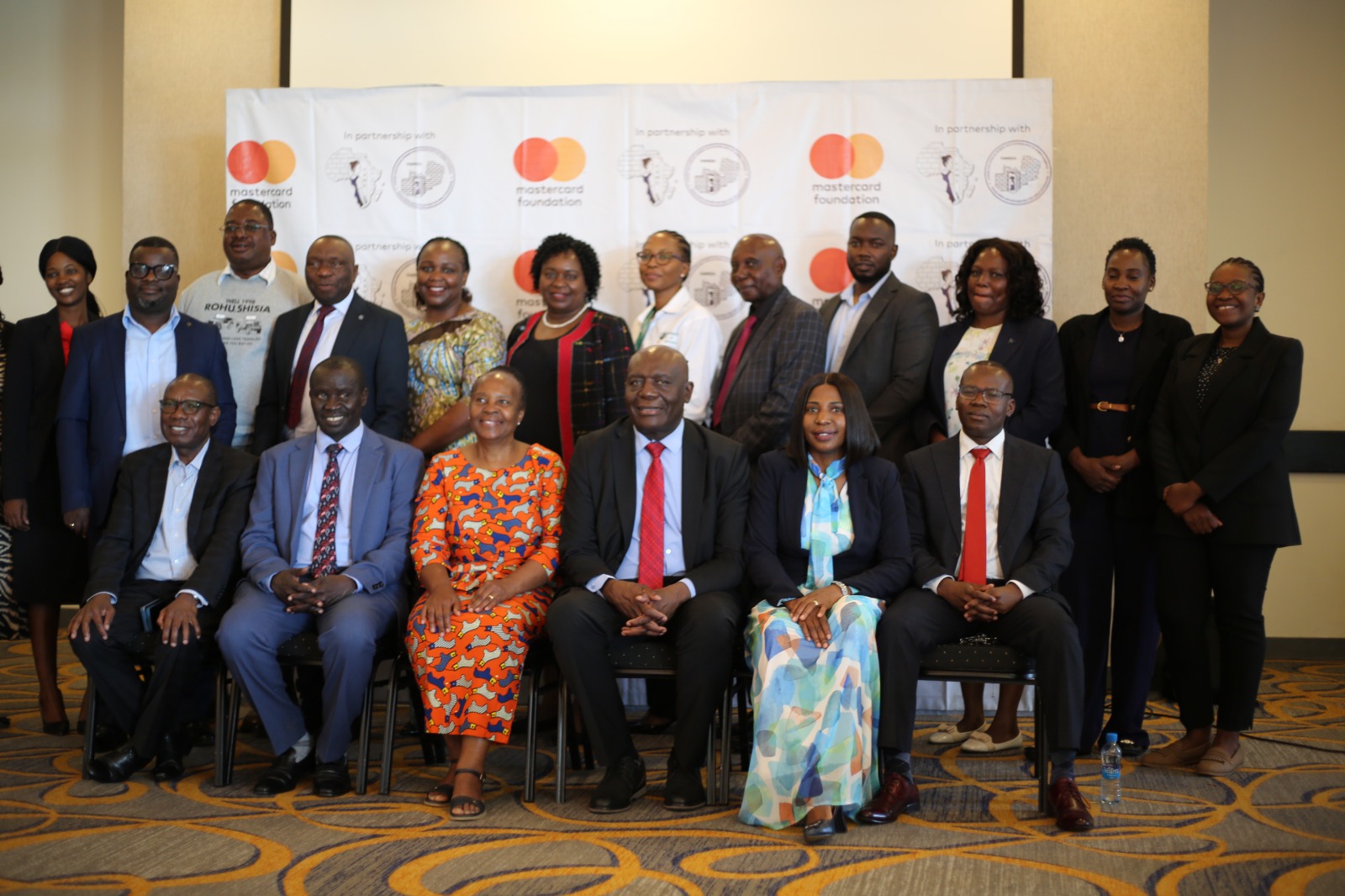
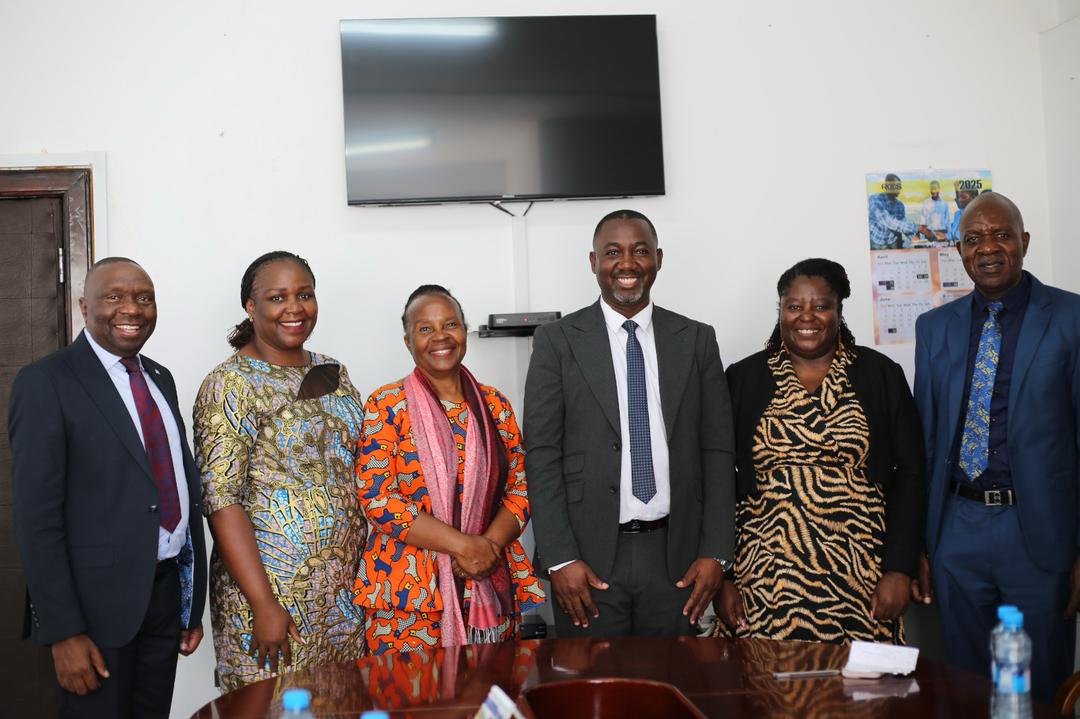
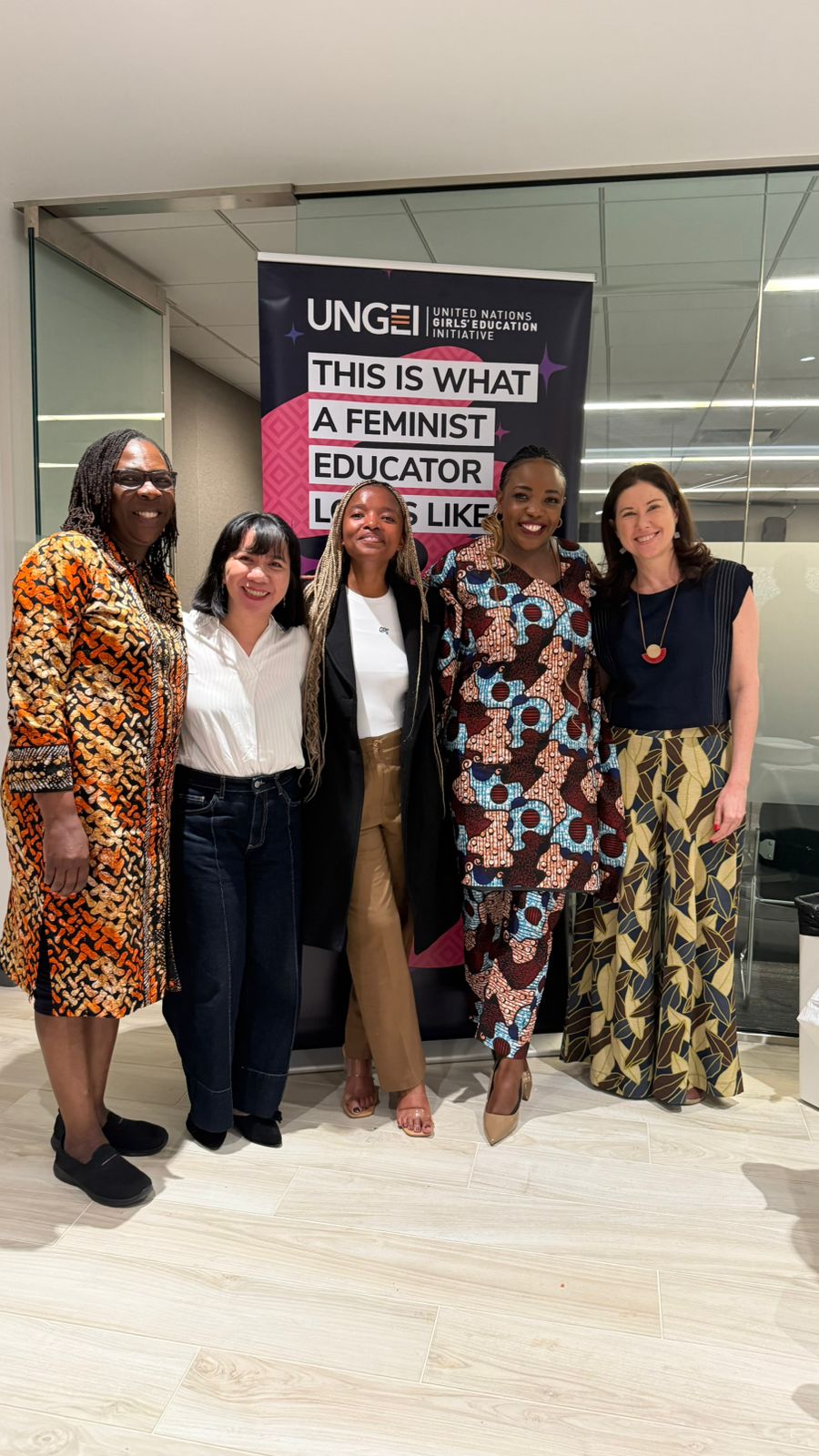
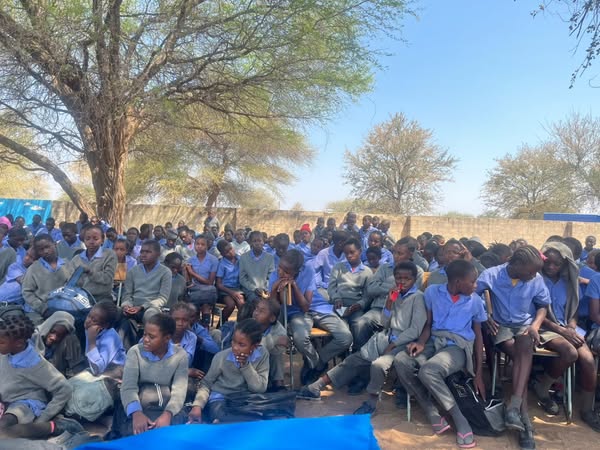
Leave A Comment